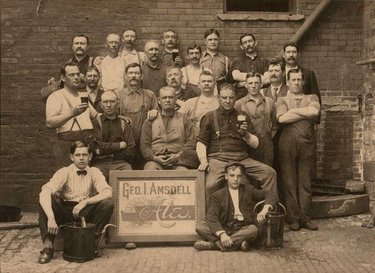‘Colonial to Craft Brew: The Local Story of Beer’
To the Editor:
The brewing of beer has long been part of our local history. In fact, beer was the most popular beverage in the New Netherland Colony (now New York State). By the early 1800s, up to 20 breweries were operating in the Albany area.
The growing of hops for beer-making was a cash crop for many area farmers. Some from the Clarksville area remember stories their grandmothers told of picking hops when they were young mothers on what is now the Van Wie farm. They would bring their babies along and lay them along the field while they picked. This was a way for them to make a little cash money.
Fast forward to today and the resurgence of the craft of brewing beer. There are currently at least 11 breweries in Albany County, contributing much to our local economy. The story of beer in our area is a fascinating one.
Come and hear Schenectady Historical Association’s Michael Diana as he shows the influence the brewing of beer has had on our local agriculture, transportation, politics, and society. This interesting and informative program will be presented at 2 p.m. on Sunday, Feb. 6, at the Wyman Osterhout Community Center in New Salem at 7 The Old New Salem Road. Admission is always free.
On the same day and at the same location, please take the opportunity to take in the exhibits at the New Scotland Historical Association Museum, featuring the commemoration of the 75th anniversary of the end of World War II. The museum will be open for a half-hour before the program.
Please be aware that the town of New Scotland requires attendees to wear masks.
Judy Kimes
Publicist
New Scotland
Historical Association
